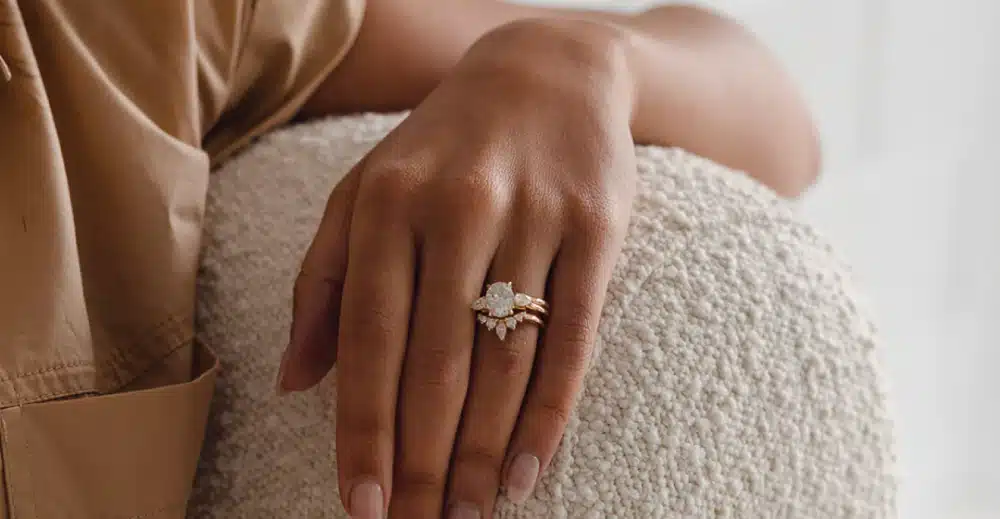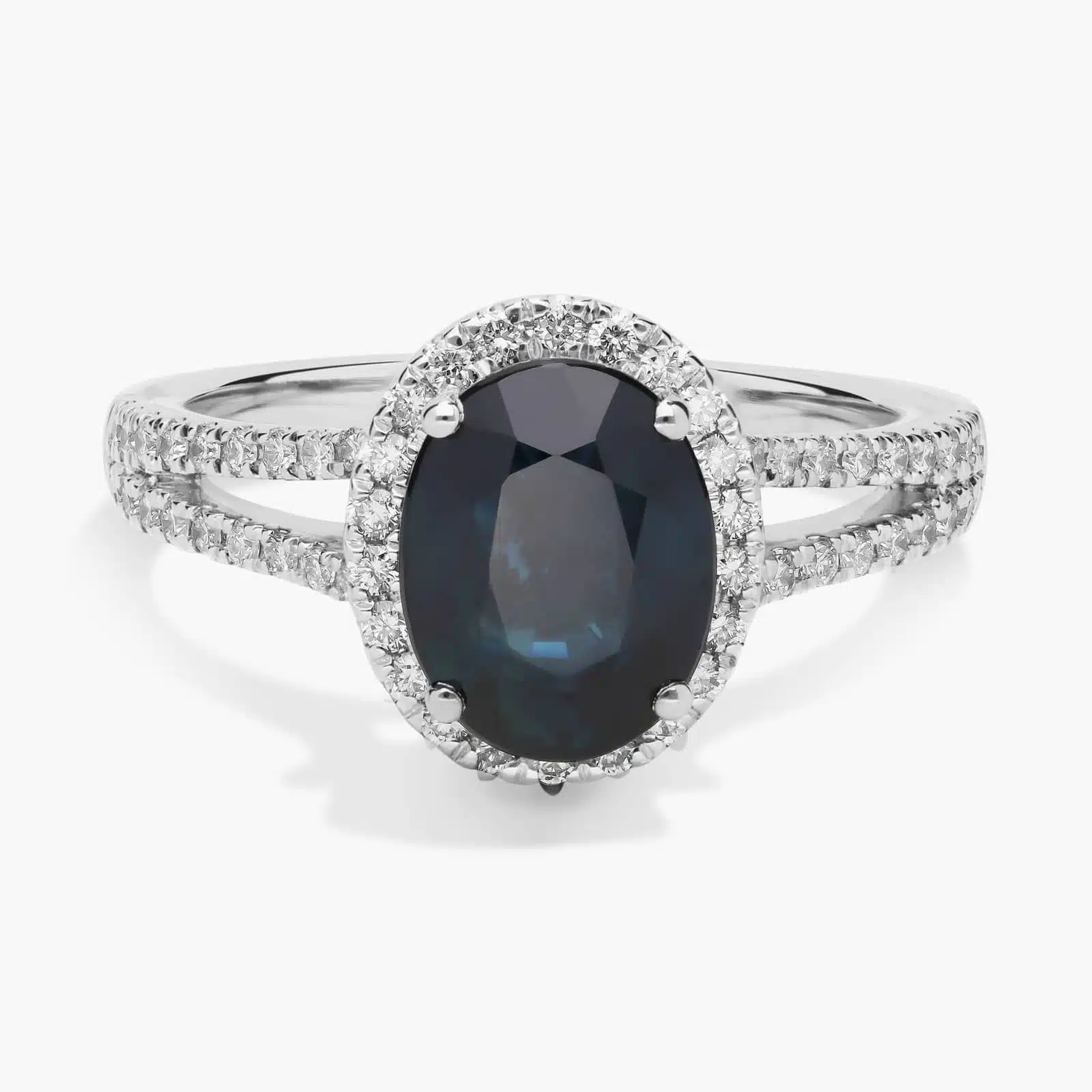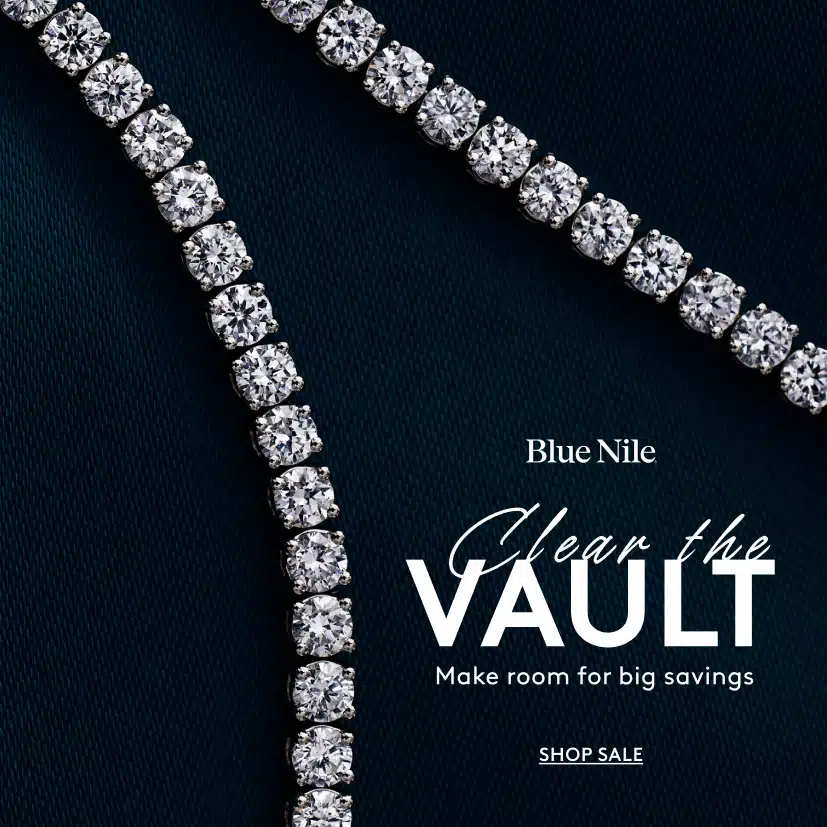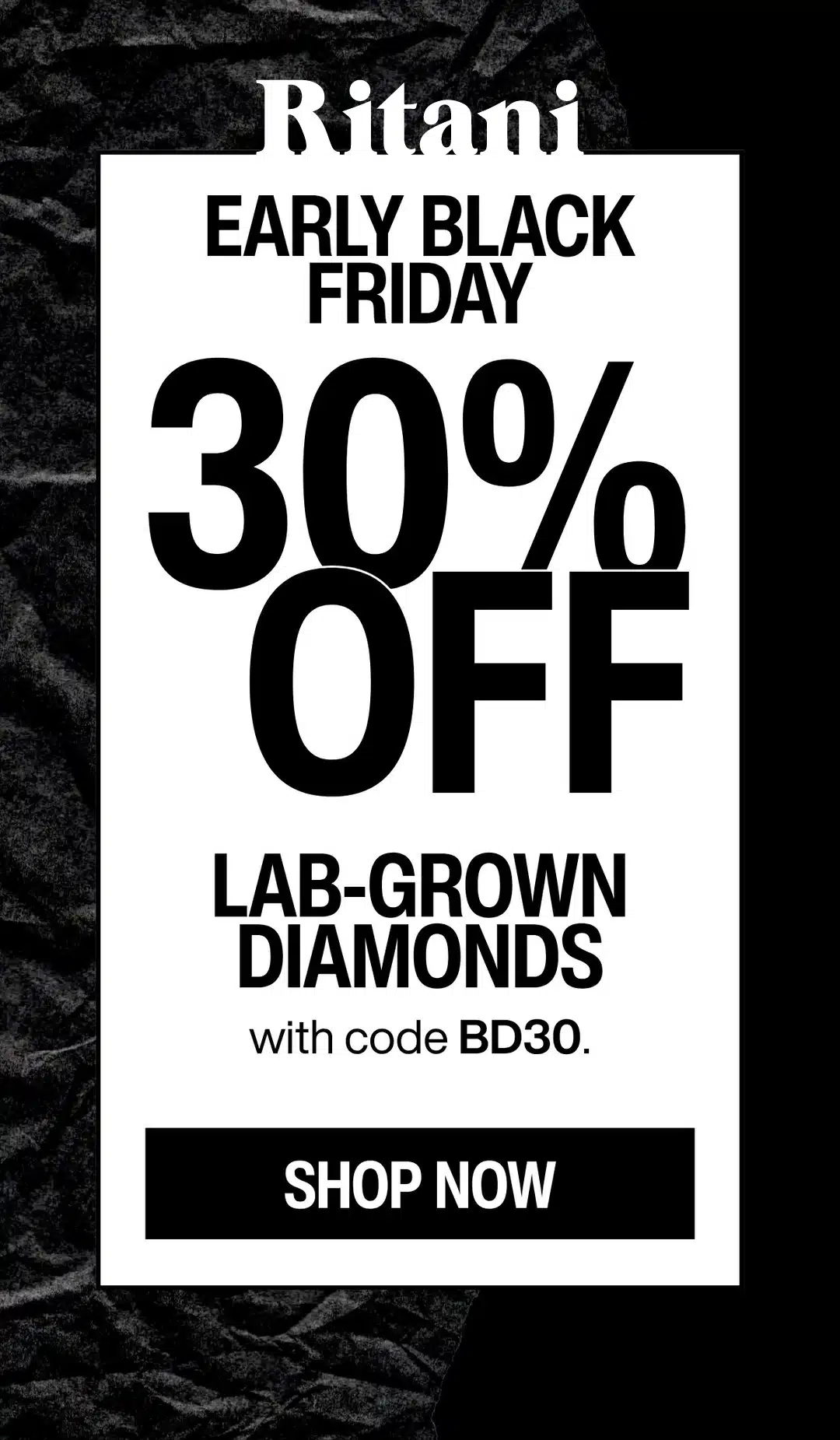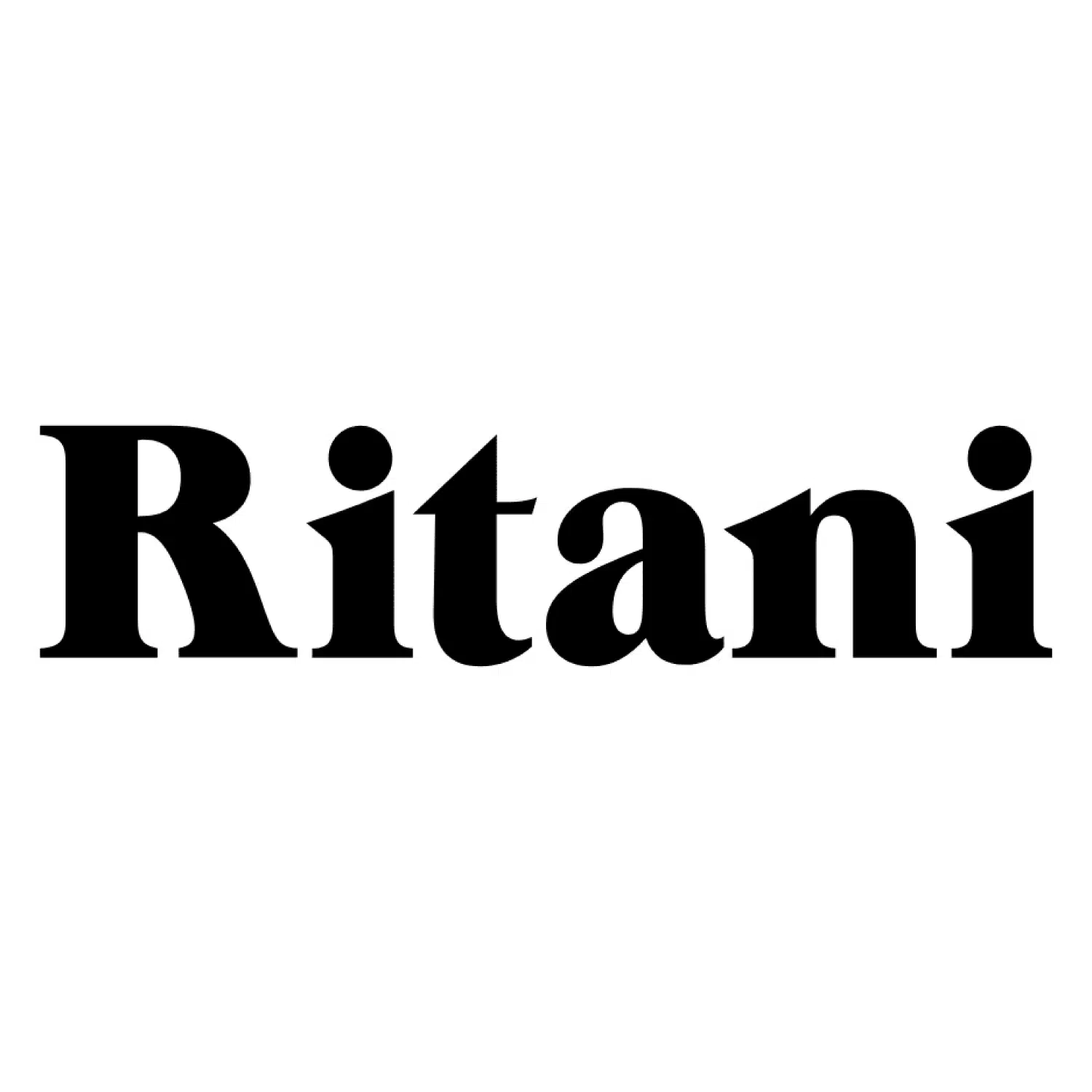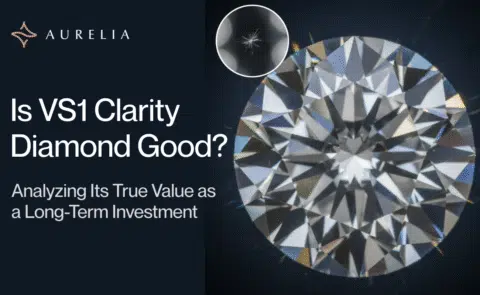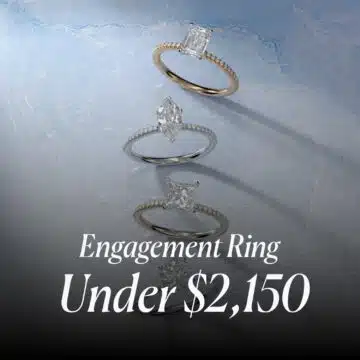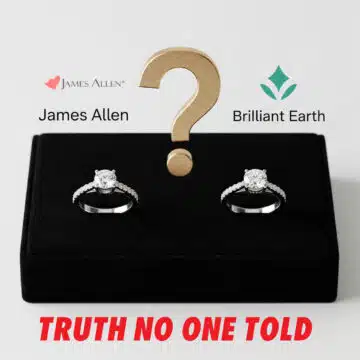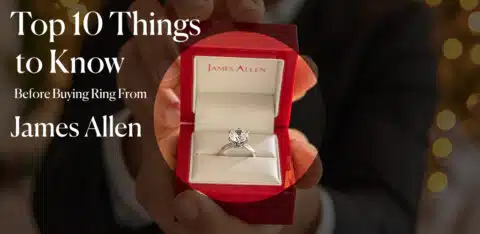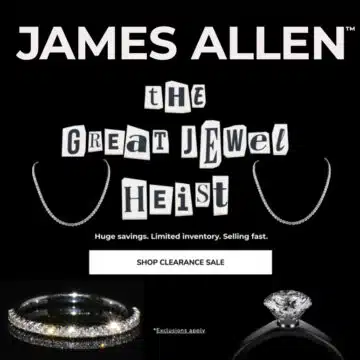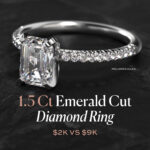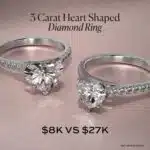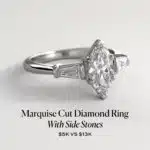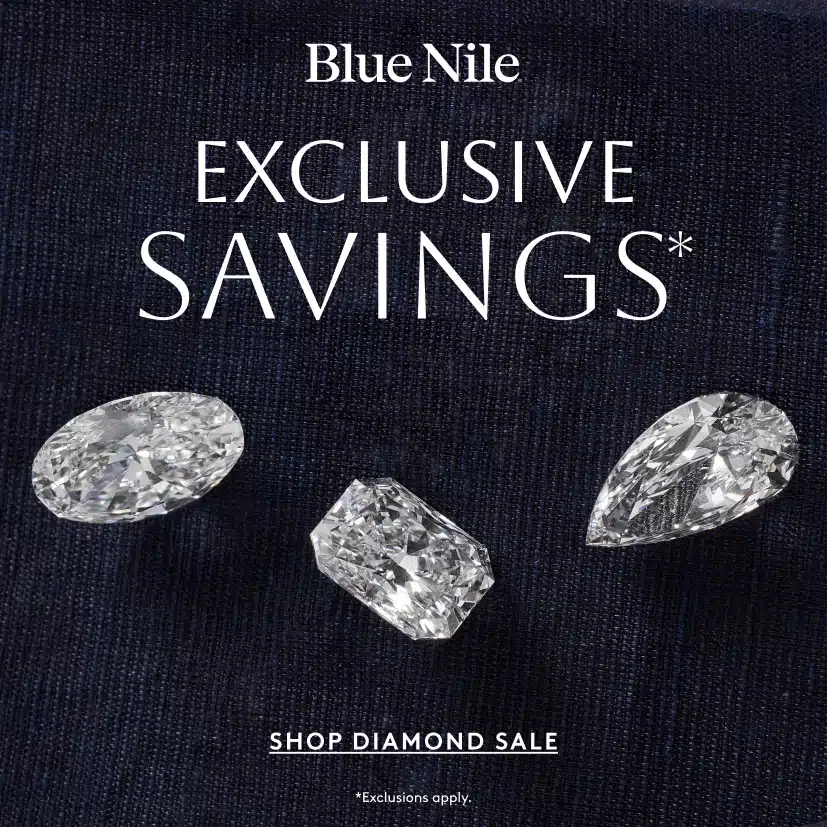When you hear the term “conflict materials,” diamonds might not be the first thing that comes to mind. However, the diamond industry has a complex history, especially when it comes to ethical sourcing. So, why do we refer to some diamonds as conflict materials? The answer lies in the dark realities of diamond mining, international conflicts, and efforts to address the ethical dilemmas surrounding these precious stones.
In this blog post, we’ll explore what makes a diamond a “conflict diamond,” delve into the Kimberley Process and its impact, and discuss how consumers can make informed, ethical choices when purchasing diamonds. Let’s uncover the truth about conflict diamonds and how the industry is evolving.
- What Are Conflict Diamonds?
- The Kimberley Process: A Step Towards Ethical Diamonds
- The Impact of Conflict Diamonds on Communities
- Lab-Grown Diamonds: An Ethical Alternative
- How to Ensure Your Diamond Is Conflict-Free
- FAQs About Conflict Diamonds
- Q. What are conflict diamonds used for?
- Q. How does the Kimberley Process work?
- Q. Are all natural diamonds conflict materials?
- Q. What is the impact of conflict diamonds on miners?
- Q. Can lab-grown diamonds replace natural diamonds?
- Q. What makes a diamond a "conflict diamond"?
- Q. How effective is the Kimberley Process?
- Q. Are lab-grown diamonds better for the environment?
- Q. How can I verify if my diamond is conflict-free?
- Q. Why are conflict diamonds still a concern today?
- Final Thoughts
What Are Conflict Diamonds?
Conflict diamonds, also known as “blood diamonds,” are diamonds mined in war zones and sold to finance armed conflict against governments. The term became globally recognized during the 1990s, particularly in African nations where civil wars were fueled by diamond sales.
Diamond IQ Test: Natural or Lab-Grown?
Two identical diamonds: GIA Certified, 1.51ct, D Color, VVS1, Ideal Cut. One is natural ($16,530), the other is lab-grown ($2,390). Choose the diamond you like better and see if you can match it to its origin.
Key Characteristics of Conflict Diamonds:
- Exploitation: Conflict diamonds are often mined using forced labor, including child labor.
- Funding Wars: Revenues from these diamonds fund weapons and armed groups, perpetuating cycles of violence.
- Lack of Regulation: Conflict zones typically lack oversight, allowing unethical practices to flourish.
Quote from Mehedi Hasan, Aurelia’s Diamond Specialist: “Understanding the origin of your diamond isn’t just about ethics; it’s about ensuring that your purchase doesn’t perpetuate harm. Transparency in sourcing matters.”
💍 Limited Time: Forge your perfect ring! Get up to 20% OFF engagement ring settings at James Allen!
✨ Conscious Value: Save on brilliance! Lab-Grown Diamonds are now up to 10% OFF at James Allen.
🔥 Flash Sale:
Huge inventory blowout! Save
The Kimberley Process: A Step Towards Ethical Diamonds
The Kimberley Process Certification Scheme (KPCS) was introduced in 2003 to combat the trade in conflict diamonds. It is a global initiative aimed at preventing the flow of conflict diamonds by ensuring they are conflict-free before entering the market.
How the Kimberley Process Works:
- Certification: Diamonds must be accompanied by a Kimberley Process certificate verifying their ethical origin.
- Transparency: Member countries implement stringent export and import controls.
- Collaboration: Over 80 nations participate, working together to reduce conflict diamond trade.
Criticisms of the Kimberley Process:
While effective in reducing conflict diamonds to less than 1% of the global market, critics argue it has limitations:
- Narrow Definition: The process only addresses diamonds funding armed conflict, ignoring broader human rights abuses.
- Lack of Independent Monitoring: Enforcement relies on member countries, leading to inconsistencies.
Fact: According to the GIA (Gemological Institute of America), the Kimberley Process has significantly improved ethical standards but remains a work in progress.
Best Deal Of The Year – Final Days
Blue Nile’s “Clear The Vault” is ON.
Shop Fine Jewelry Upto 70% OFF.
*Exclusions may apply. See Blue Nile for complete details.
The Impact of Conflict Diamonds on Communities
The trade in conflict diamonds has devastating effects on local communities. Here’s how:
- Loss of Lives: The United Nations estimates that over 3.7 million people have died due to conflicts fueled by diamond sales.
- Economic Exploitation: Miners often receive unfair wages or none at all, despite working in hazardous conditions.
- Environmental Damage: Unregulated mining leads to deforestation, soil erosion, and water contamination.
Lab-Grown Diamonds: An Ethical Alternative
For consumers seeking to avoid conflict diamonds altogether, lab-grown diamonds are an appealing choice. These diamonds are created in controlled environments using advanced technology, ensuring they are 100% conflict-free.
Benefits of Lab-Grown Diamonds:
- Ethical Sourcing: No involvement in conflicts or human rights abuses.
- Environmental Sustainability: Reduced environmental impact compared to traditional mining.
- Affordability: Typically 20-40% cheaper than mined diamonds.
Did You Know? Lab-grown diamonds are chemically identical to mined diamonds and are graded by the GIA for quality.
James Allen: Our 5-Star Choice for Price and Selection
Check our comprehensive James Allen Review to learn more about their pricing and commitment.
How to Ensure Your Diamond Is Conflict-Free
As a consumer, you can take steps to ensure your diamond purchase aligns with your values:
- Ask for Certification: Always request a Kimberley Process certificate or equivalent documentation.
- Choose Reputable Retailers: Purchase from retailers with transparent sourcing practices, like Aurelia.
- Consider Lab-Grown Diamonds: A guaranteed conflict-free option that doesn’t compromise on quality or beauty.
- Research: Look for brands committed to ethical practices and corporate social responsibility.
Read Our 5-Star Blue Nile Review
Check our comprehensive Blue Nile review to learn why we rated Blue Nile 5 stars for their exceptional quality and value.
FAQs About Conflict Diamonds
Q. What are conflict diamonds used for?
Ans. Conflict diamonds, also known as blood diamonds, are typically sold to fund:
- Civil wars and armed conflicts.
- The purchase of weapons and military supplies.
- Illegal activities, including smuggling and trafficking.
Q. How does the Kimberley Process work?
Ans. The Kimberley Process works by:
- Certifying rough diamonds as conflict-free before export.
- Monitoring diamond shipments through an international tracking system.
- Requiring governments to enforce strict controls.
However, its limitations include:
- Inability to track polished diamonds.
- Lack of enforcement in some regions.
Q. Are all natural diamonds conflict materials?
Ans. No, not all natural diamonds are conflict materials. Many are ethically sourced and certified. To ensure you’re buying conflict-free diamonds:
- Look for Kimberley Process certification.
- Purchase from reputable sellers like Blue Nile.
- Consider lab-grown diamonds as an ethical alternative.
Q. What is the impact of conflict diamonds on miners?
Ans. The impact of conflict diamonds on miners includes:
- Physical Harm: Unsafe working conditions leading to injuries.
- Economic Exploitation: Miners are often underpaid or work for free.
- Social Issues: Families are disrupted, and children are forced into labor.
Q. Can lab-grown diamonds replace natural diamonds?
Ans. Lab-grown diamonds offer several advantages:
- Conflict-Free: No ties to war or exploitation.
- Environmentally Friendly: Less harmful to ecosystems.
- Affordable: Typically less expensive than natural diamonds.
Q. What makes a diamond a “conflict diamond”?
Ans. Conflict diamonds are mined in war zones and sold to finance armed conflicts, often involving exploitation and violence. They are typically unregulated and lack ethical oversight.
Q. How effective is the Kimberley Process?
Ans. While the Kimberley Process has reduced conflict diamonds to less than 1% of the market, it has limitations, such as narrow definitions and inconsistent enforcement.
Q. Are lab-grown diamonds better for the environment?
Ans. Yes, lab-grown diamonds have a significantly lower environmental impact compared to mined diamonds, as they avoid deforestation, soil erosion, and carbon emissions from mining operations.
Q. How can I verify if my diamond is conflict-free?
Ans. Ask for certification, purchase from reputable retailers, and consider lab-grown diamonds as a guaranteed ethical choice. Transparency from the seller is key.
Q. Why are conflict diamonds still a concern today?
Ans. Despite efforts like the Kimberley Process, some regions remain vulnerable to unethical mining practices, and enforcement of ethical standards varies globally.
- Key Points to Remember:
- Educate yourself about ethical sourcing.
- Prioritize retailers with transparent policies.
- Consider alternatives like lab-grown diamonds for peace of mind.
Final Thoughts
Understanding why we refer to some diamonds as conflict materials is crucial for making ethical purchasing decisions. By choosing conflict-free diamonds or lab-grown alternatives, you contribute to a more transparent and sustainable industry. As Mehedi Hasan emphasizes, “Every diamond tells a story. Make sure yours is one of integrity and care.”
Ready to explore ethical diamond options? Visit Aurelia for a wide range of conflict-free and lab-grown diamonds, perfect for every occasion.
Related Posts About Diamonds You’ll Love
Delve into the brilliance of diamonds with these must-read guides. From lab-grown innovations to fascinating natural treasures, explore the enduring allure of these precious gems.
- Discover the Ultimate Moissanite Cleaner You Need Today!
Read More - Moissanite vs Diamonds: What’s the Difference?
Read More - Top 17 Biggest Diamonds in the World
Discover the Largest Gems - Why Moissanite Diamond Engagement Rings Are Taking Over – Save Big Without Compromise!
Explore Moissanite Rings - Diamond Table Secrets: Save Yourself From a Disaster Choice
Learn About Diamond Tables - The Origin of the Enigma Black Diamond
Read About Black Diamonds - Are Lab Grown Diamonds Cheaper? Here’s What You Need to Know!
Learn About Lab-Grown Diamonds - 5 Carat Lab Grown Diamond Earrings: A Comprehensive Guide
Find Your Perfect Earrings - Why Spend More? These 5 Colored Engagement Rings Under $200 Will Steal the Show!
Shop Affordable Engagement Rings - Triple Excellent Diamond Explained: Your Guide to GIA XXX Quality
Explore GIA Diamond Grading
James Allen is a top leader in online diamond sales, offering cutting-edge imaging technology that lets you inspect diamonds as if you were using a jeweler's loupe. With the largest exclusive selection of loose diamonds available online and excellent pricing, they also boast one of the finest collections of lab-created diamonds on the market. They currently run a 25% discount on selected lab-grown diamonds!
WHAT WE LOVE ABOUT THEM:
- 30-day no-questions-asked return policy, with a prepaid shipping label provided by James Allen.
- Lifetime warranty on all purchases.
- Free international shipping.
- Complimentary prong tightening, repolishing, rhodium plating, and cleaning every six months.
- Insurance appraisals included with purchases.
- One free resizing within 60 days of purchase.
- Free ring inscriptions available.
- Best-in-class high-quality imagery for every diamond in stock.
- 24/7 customer support.
- Premium, best-in-class packaging.
Blue Nile is one of the biggest and most recognized online jewelry retailers, offering an extensive and exclusive inventory. Their high-resolution images are improving and getting closer to the quality offered by James Allen, while their prices remain highly competitive. Right now, Blue Nile offers up to 30% savings on jewelry during a limited-time sale.
WHAT WE LOVE ABOUT THEM:
- 30-day no-questions-asked return policy, with a prepaid shipping label provided by Blue Nile.
- Lifetime warranty on all purchases.
- Free shipping on every order.
- Complimentary services every six months, including prong tightening, repolishing, rhodium plating, and cleaning.
- Insurance appraisal included with your purchase.
- One free resizing within the first year.
- High-quality images available for roughly half of their diamond selection.
- 24/7 customer service support.
- Full credit toward future upgrades, as long as the new item is at least double the value.
- Best-in-class order fulfillment process.
Ritani is a trusted name in the online jewelry industry, known for its stunning collection of ethically sourced diamonds and gemstones. With a focus on transparency, Ritani offers customers in-depth diamond education and innovative features like in-store preview options, ensuring a seamless and informed shopping experience.
WHAT WE LOVE ABOUT THEM:
- Free in-store preview of loose diamonds before purchase.
- 30-day free returns, including resizing services for all rings.
- Lifetime warranty that covers prong tightening, polishing, rhodium plating, and more.
- Free insured shipping on all orders.
- Access to a wide selection of GIA-certified diamonds and lab-grown options.
- High-resolution 360° videos of diamonds for accurate evaluation.
- Ethical sourcing and conflict-free diamonds.
- Buy Now, Pay Later financing options available.
- 24/7 customer service with personalized consultations.


